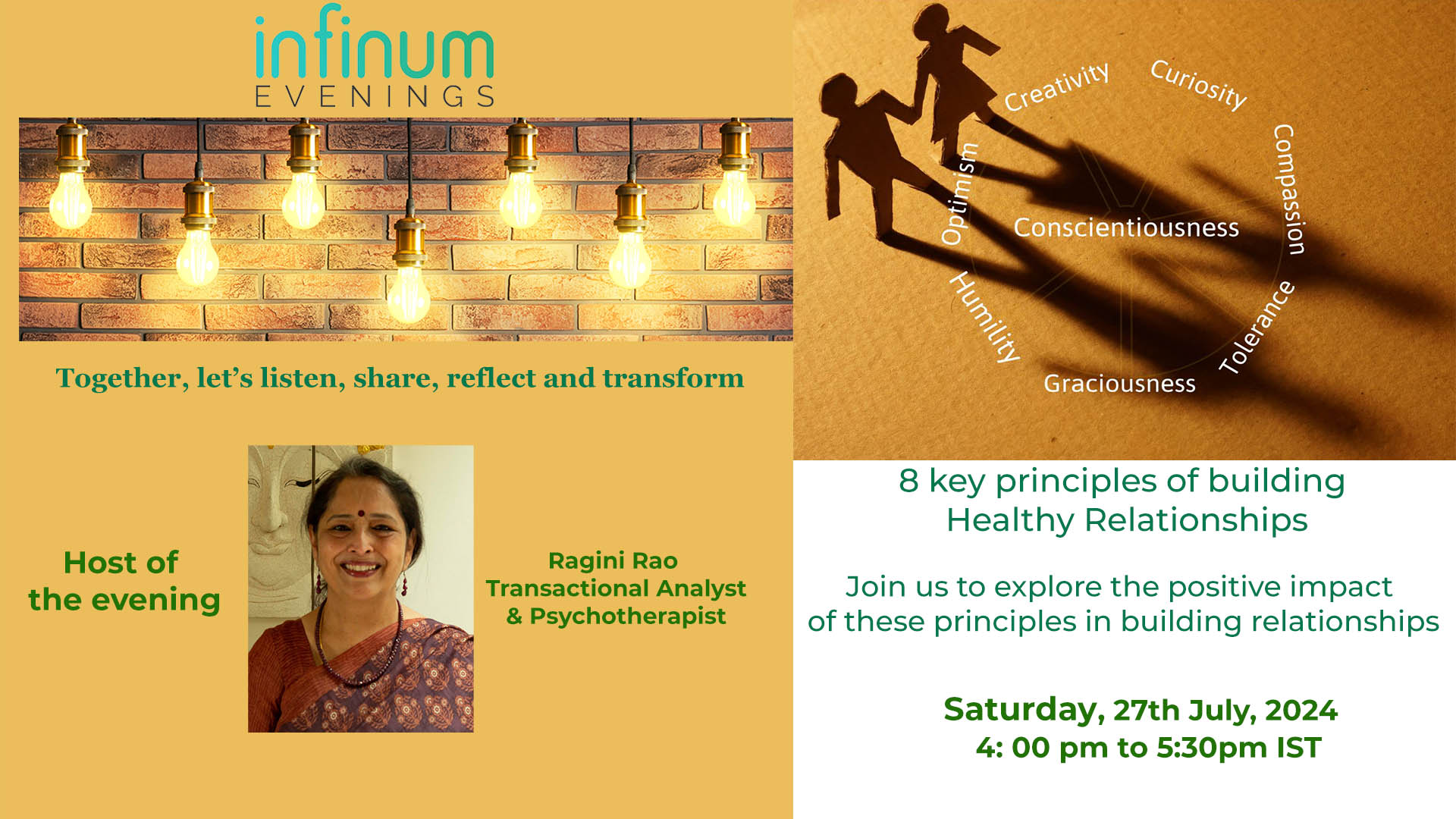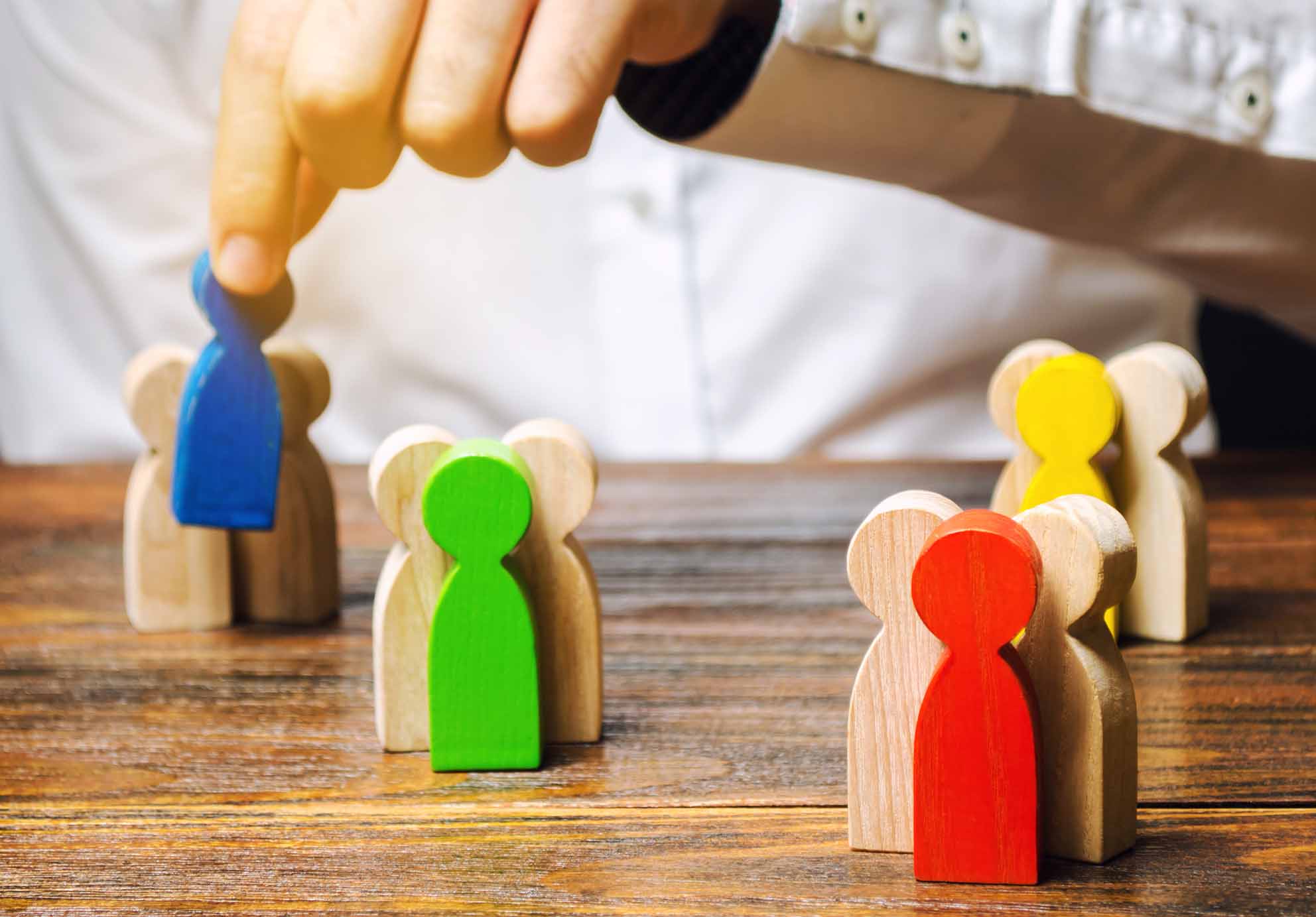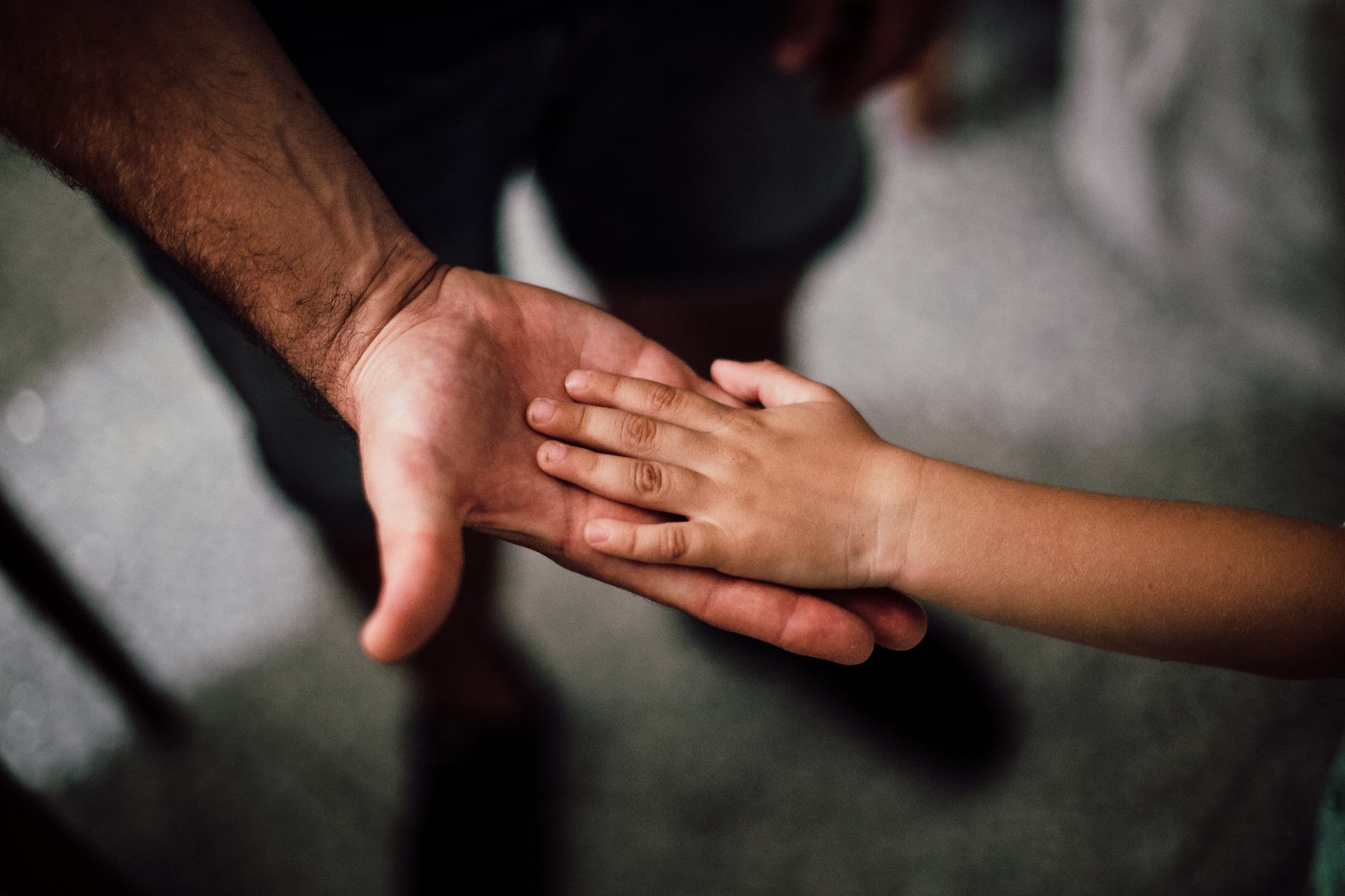If someone walks up to me today and says that “You are the most irrational person I have ever met”, I will not believe that. I won’t believe it because as an adult, I have a well-formed understanding or mental concept of who I am.
I am largely clear of what my strengths and weaknesses are; Also of what I am and what I am not. In Psychology, this clear understanding that we have about ourselves is called the Self-Concept. It is our mental image of ourselves or who we think and know we are.
This self-concept is built within me due to my own experiences of myself and the feedback I have received from people around me; from close friends and family as well as professional colleagues.
Self-Concept starts developing in childhood
As the child’s brain is still developing, it needs adults to complete the process of developing the self concept. That is the basic mechanism through which all children develop their self-concept or mental image of themselves. The process is called ‘Mirroring’.
Children observe the responses to their behaviour in the adults around them. Through this observation and the active feedback, they gradually develop an idea of who they are.
If a mother talks to another relative and says ‘My child is fair complexioned”, the child will develop that understanding of his/her self. The more number of times he/she hears this about him/her self, the more this self-concept will become crystallised. Further, the more number of adults tell the child this same thing, the more this self-concept will be coherent.
Children keep receiving from their primary or significant mirrors, feedback about who they are. These signals about different aspects of themselves; about their bodies, emotional traits, intellect and social attributes, put together, form their self-concept.
Self Concept evolves over time
Over the years, while the primary mirrors (parents) remain constant, other mirrors get added on. The importance of different mirrors changes according to the developmental stage of the child.
Once a child starts schooling, teachers become the primary mirrors; then from around 3rd or 4th standard to 7th their academic performance or any extra-curricular performance becomes the primary mirror. From 8th standard onwards, peers and their acceptance plays a huge role in the development of self-concept.
Finally, by 25 years of age, when people are in relationships and get into the world of work, both, the kind of partners they have and the kind of work they get affects their self-concept. Both, the personality and the self-concept crystallise and take a consistent form by 25 years of age. They are dynamic post that age; but by and large, what happens in adulthood is more a reflection of what has already formed by then.
Self-Esteem develops in parallel to Self Concept
Simply put, self-esteem is how much we hold ourselves in esteem. How much we like ourselves; and how much we value ourselves. While the child’s self-concept is developing, as a natural parallel process, his/her self-esteem also develops.This happens in the following manner.
As a child, adolescent and young adult, goes on assimilating the mental image of who he/she is physically, intellectually, socially and emotionally, he/she also starts assimilating a value around each concept.
As people give verbal or non-verbal feedback about whether a particular trait of the child is good or bad, the forming sense of self also assimilates all the good and bad value judgements around their traits.
As a cohesive whole, all the good are pluses and the bad are minuses. If the total of the pluses is significantly more than the minuses, the person will like himself/herself and will have a positive self-esteem.
If the pluses and minuses are almost the same, a person will be okay with himself/herself but may not have a very strong relationship with self.
If the minuses are more, the persons will not like themselves and will always be unhappy; either with themselves or their surroundings or with others in their lives.
The irony in the development of Self-Concept and Self-Esteem
While self-concept and self-esteem are the foundation stones of a person’s entire future relationship with oneself, or with their work or with others, these form at a period of time in life when the person is largely powerless and dependent on others.
While both are malleable and people can rectify their self-concept and enhance their self-esteem once formed, it takes a lot of time for one to first become aware and realise that there is something wrong in their relationship with themselves.
Secondly, once crystallised, it takes considerable effort to undo our self concept and esteem which are deeply set in our psychological make up.
Role of Parents, Teachers and Care givers in building Self Esteem
It is therefore very important that parents and teachers become aware of how, consciously or unconsciously, they might be treating the young ones. If they could take some simple measures, those would go a long way in a child developing a healthy self-esteem . These are
- Listening to our young ones. Though they may have less understanding than us, listening to them makes them know that they are important. What they think and feel and express is important.
- Spending time with them. Time is the only resource in our life which is limited. When we give our young ones a part of that, we give them something which we truly can’t earn back.
- Being polite to them. Even a new born has self-respect. Anything that is hurtful, abusive or violent, damages their boundaries and their sense of self. When children are handled with, treated with and talked with care, they know they are valuable and precious.
- Enjoying who they are. Though our children are born from us, they are a distinct personality in their own right. So rather than looking at them and trying to turn them into an extension of us, if we can take a step back and enjoy who they are, then this informs them that they are unique and likeable as distinct individuals.
- Reprimanding actions and not labelling their person. This is extremely critical because disciplining is a part of a care giving role. It is important that parents or teachers reprimand a behaviour and not the person; e.g. ‘You are very angry at present and are using bad words, which I am not liking’ rather than saying ‘You are a bad boy’. While this sounds very simple, it has a profoundly different impact. When we reprimand an action, the child knows that the action is not acceptable and needs to change, but they are loved. When the child is labelled, they absorb it as their ‘being’ or ‘self’ having a flaw but very often have no clue as to what is bad about them.
Development of individuals during their childhood and adolescence has a critical impact on their adult life. Parenting therefore has the highest contribution to the evolution of their self concept and self esteem.
Adapted from the originally published 2 part article in From the brewery of life
Please do leave your comments at the bottom and do share with others if you like this article.

















A very simple, but very meaningful article. Thanks for sharing